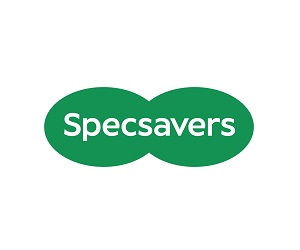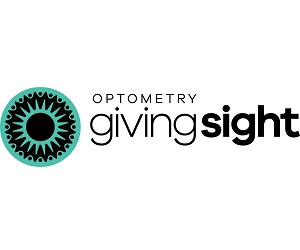
Picture this scenario: A brightly lit, sterile-looking waiting room of an optical clinic. The reception desk buzzes with activity as patients come and go. A nervous patient, Emma, sits fidgeting in a chair, leafing through a magazine. She periodically glances at the entrance, her anxiety palpable.
When she checked in, Emma had mentioned to the receptionist “I’ve never been very comfortable with eye exams. The thought of someone poking around my eyes makes me squirm.”
After checking her in, the receptionist instructs her to sit in the waiting area like they would for any other patient and let’s her know someone will be with her shortly. And so here sits Emma, waiting, worrying, and contemplating leaving the office due to her increasing anxiety. At this point, she’s not sure she will be able to make it through the appointment.
Finally, the pre-tester comes to get her, and she makes it through the pretesting and is seen by the optometrist. She doesn’t voice any concerns, even though she has a few, because she has already maxed out her mental bandwidth for managing her own anxiety about this appointment for the day.
Even though she is handed a prescription for some simple anti-fatigue lenses, she quickly pays for her exam and goes home to order online. Emma would describe this experience as “Terrible. I felt a huge lack of empathy from the staff, and no one answered my questions.”
The staff who helped Emma would view this appointment as being a success, because they got her through the whole appointment, and she didn’t vocalize any complaints at the time. Sure, she didn’t purchase anything, but she wasn’t angry, upset, or irate in any way. That’s a win in our books, right?
As eye care professionals, we must remember that fear isn’t always loud. Sometimes it takes the form of quiet and polite.
We focus on the loud individuals; however, we need to keep in mind that there are quiet and reserved patients whose needs can often get missed and overlooked if you don’t have the skills to spot it and take preventative action.
So how can we do this?

We increase our emotional intelligence! Specifically social awareness.
This will change their perspective and can stop those walkouts from buying online!
Cues to watch for:
Body Language:
- Tense posture, such as crossed arms or legs.
- Fidgeting, such as tapping feet or playing with objects.
- Avoiding eye contact or shifting gaze frequently.
- Clenched fists or jaw, indicating tension.
Withdrawal or Avoidance:
- Attempting to delay or avoid the examination.
- Pulling away from the optometrist or medical equipment.
- Expressing a desire to leave or reschedule the appointment.
Gestures:
- Rubbing or massaging temples or forehead.
- Clenching fists or wringing hands.
- Restlessness, such as shifting in the seat or pacing.

By attentively observing these social cues, you can start to provide some simple strategies to alleviate the fear, stress, and/or anxiety that your patient is experiencing.
If we think back to Emma’s story, she gave a very direct verbal cue to the receptionist: “I’ve never been very comfortable with eye exams. The thought of someone poking around my eyes makes me squirm.” That was her way of outright telling her “I’m uncomfortable and fearful”.
If the receptionist had picked up on this, she could have done multiple things to help start Emma off on the right foot.
Bonus Tip: Describe the pre-tester to the patient and let the patient know she is very friendly and kind. This helps build Emma’s perception of her interaction with the pre-tester as being a friendly and kind person.
We have can hone our skills to become more aware of these cues in our patients and provide an amazing experience for them. The first step is becoming more aware of those cues and the next step is having clear steps to help guide them through the experience and influence their perception in a positive way.
If you are one of those amazing individuals that can see the values these skills hold, I invite you to visit https://www.emotionalintelligenceconsultinginc.com to increase your social awareness and skills for influencing a patient’s experience from a negative to a positive one.

Jade Bodzasy
Jade Bodzasy, Founder of Emotional Intelligence Consulting Inc., is a dedicated Coach and Consultant for Optometric Practices. Her extensive background includes over 20,000 hours of expertise focused on customer relations, work structure refinement, training method development, and fostering improved work culture within Optometric practices.
Certified in Rational Emotive Behavior Techniques (REBT), Jade possesses a unique skillset that empowers individuals to gain profound insights into the origins of their behaviors, as well as those of others. Leveraging her certification, she equips optometry practices with invaluable resources and expert guidance to establish and sustain a positive, healthful, and productive work environment.


















